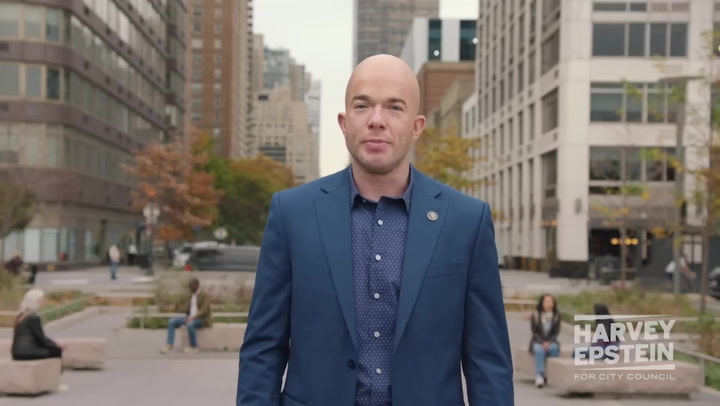
In recent developments impacting digital consumers, California has taken a significant step by enacting a law aimed at enhancing transparency concerning digital media purchases. Known as AB 2426, this legislation seeks to clarify the relationship consumers have with their digitally purchased content, such as video games, movies, and e-books, particularly when it comes to ownership.
The governor's signature on this bill reflects growing concerns about digital ownership rights, especially as companies increasingly pivot away from physical media toward more ephemeral digital offerings. This article delves into the key provisions of the new law, its implications for consumers, and why it matters in today's digital economy.
Understanding AB 2426: A New Era of Digital Media Transparency
Under AB 2426, storefronts engaged in the sale of digital media must provide clear disclosures informing consumers that when purchasing digital products, they are acquiring a limited license rather than true ownership. The law specifically prohibits the use of terms like "buy" or "purchase" unless accompanied by a clear explanation that the consumer does not own the media outright.
Essentially, this means that digital purchases are akin to licenses, which can be revoked or expire at any time, creating a precarious situation for consumers who may believe they own the content they’ve paid for. One of the more critical components of this law is the stipulation that any storefronts failing to adhere to these guidelines can face fines for false advertising, adding a layer of accountability for businesses.
The Motivation Behind the Law
The motivation for introducing this law stems from increasing consumer dissatisfaction with digital content accessibility. Consumers often find themselves at the mercy of platform policies, historical precedents set by large corporations, and their ability to revoke access without prior notice. For instance, Ubisoft’s decision to deactivate its game The Crew, effectively deleting it from players’ libraries, sparked outrage that amplified calls for stronger consumer protections.
Assembly member Jacqui Irwin, the bill's author, stated, "As retailers continue to pivot away from selling physical media, the need for consumer protections on the purchase of digital media has become increasingly more important." This sentiment reflects a broader trend where the digital marketplace needs to capitalize not only on convenience but also on consumer trust.
What This Means for Consumers
This law is poised to reshape how consumers interact with digital storefronts. Buyers of digital goods will now be more aware of the implications of their purchases. For example, previous perceptions that buying a video game entailed outright ownership are set to change. Instead, consumers will understand that they are licensing content with inherent limitations.
As a result, this law may encourage consumers to think critically about their purchases, potentially leading them to advocate for more favorable terms or to consider the physical ownership of media products in the future.
The Future of Digital Content Ownership
This law serves as a momentum booster for the discussion surrounding digital content ownership rights. As the industry witnesses the potential consequences of corporate strategies that jeopardize consumer trust, it brings to light a broader concern within the digital economy about who owns what and what rights consumers have over their purchases.
Legal experts project that as consumer awareness grows, additional legislative measures may be introduced at both state and federal levels to protect digital consumers. The impact of AB 2426 could lead to fundamental changes in how digital storefronts present their offerings, aiming to uphold a balance between business practices and consumer expectations.
Conclusion: Advocating for Digital Consumer Rights
In essence, AB 2426 is merely a starting point for a much-needed dialogue about digital media ownership. It seeks to empower consumers by mandating transparency and clarity in digital transactions. As companies adjust to these new regulations, consumers are encouraged to remain vigilant, informed, and proactive about digital media rights.
As the law takes effect in 2025, it signals an important shift in recognizing digital content as more than just a purchase, but rather a complex licensing agreement that can reduce users’ rights to access and utilize their content freely. Understanding these nuances is critical as we navigate the evolving landscape of digital media.



.jpeg)


.webp)

